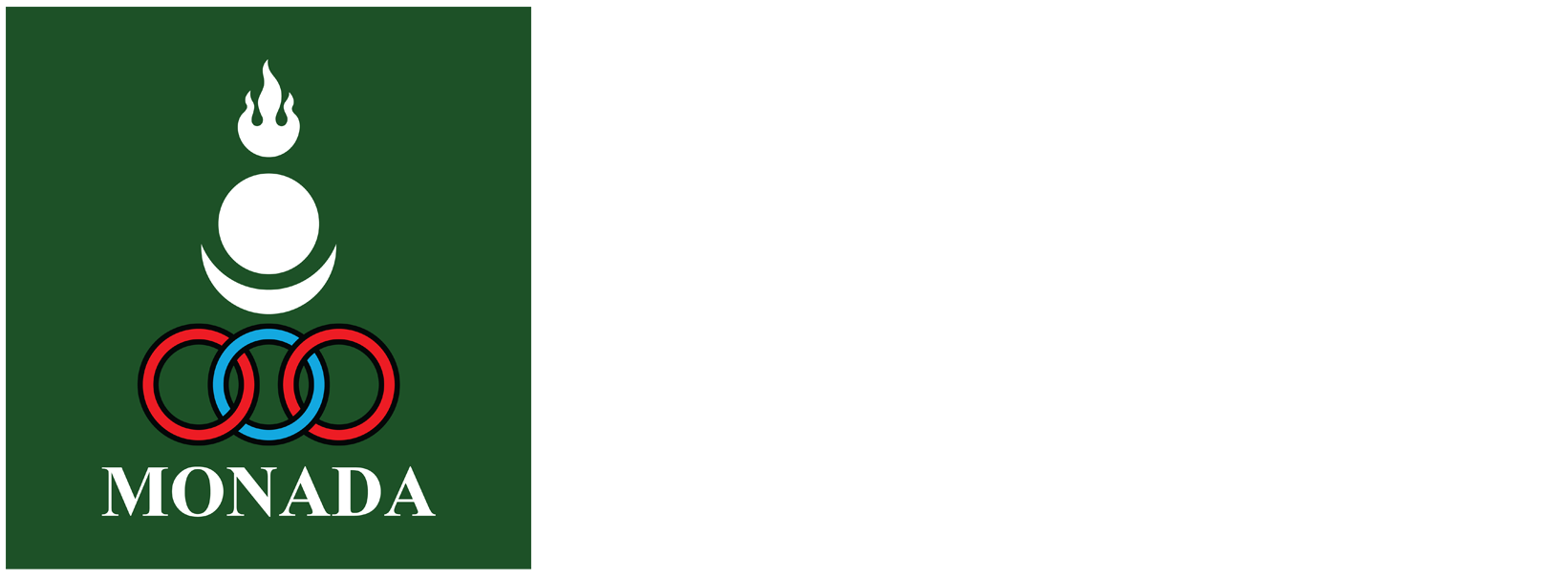Athletes Bear Full Responsibility
Nutritional supplements present a doping risk as they may be contaminated with prohibited substances.
Athletes bear full responsibility for samples reporting a positive test due to prohibited substances contained in nutritional supplements they have taken. A reduction of the sanctions is only possible if the athletes can prove that they have taken all precautionary measures to reduce the associated doping risk.
This risk can never be ruled out completely. Athletes should therefore only use nutritional supplements following an individual assessment of the benefits and risks. The basic principles are:
- Healthy basic diet and needs assessment by a specialist
- Take account of exclusion criteria and tips for reducing risk
Reducing Risk
The only way to avoid the risk of contaminated nutritional supplements completely is to avoid using these products. Unlike medication, nutritional supplements are not regulated thoroughly and have therefore lower quality requirements.
How can I assess supplements and best reduce my risk?
The following scale can help assess supplements and identify and avoid products posing a risk.

No supplement, no risk
The only way to avoid the risk of contaminated nutritional supplements completely is to avoid using these products.
Focus on a healthy, balanced diet and clarify your individual needs with an independent expert.
A specific need (e.g. lack of a vitamin) can, depending on the substance, also be covered by the use of medication. These can be checked with the medication inquiry service Global DRO.

Low risk
If the use of a nutritional supplement is recommended by a specialist, preferably opt for products that are independently certified.

Low risk
If you are not choosing a certified product, favor the use of products intended for competitive sports of reliable manufacturers.

Medium risk
Avoid lifestyle products.

High risk
Hands off! Avoid such products at all costs
- Avoid products intended for the fitness or bodybuilding market.
- Avoid products which make big claims: the greater the promised effect, the greater the risk.

High risk
Hands off! Avoid such products at all costs
- Avoid products which use terms such as testo, anabo, andro, boost, etc.
- Avoid products which claim to be doping-free, for example, “guaranteed doping-free”, “100% doping-free”, “WADA approved”, etc.
Prohibited substances have already been found to be contained in muscle growth products (anabolic steroids), as well as Fat Burners and Neuro Enhancers (stimulants).

Certification Programs
Manufacturers can have their nutritional supplements tested for contamination with prohibited substances. Products listed on the websites of the following certification programs have been analyzed in accordance with their guidelines and testing programs. This is the best way of reducing the doping risk, although it does not eliminate it entirely.
Doping Risk
Nutritional supplements may contain prohibited substances, which are not declared as ingredients on the packaging. It can be assumed that 5 to 20% of products worldwide are contaminated with substances prohibited according to the Prohibited List (Vernec et al., 2013). Contamination may occur, for example, in contaminated production facilities, or prohibited substances may be added deliberately to increase the effect of the product. There have been several cases in the past in which athletes were suspended from sport because of supplements contaminated with prohibited substances.
Health Risks
In addition to any possible contamination with prohibited substances, other contaminants (e.g. heavy metals or microbial load) may also be present. Health risks may also occur as a result of high dosages of nutritional supplements. The athlete’s personal needs should therefore be clarified with an independent specialist, and this advice then followed.
Doping Mentality
According to various studies, the regular and habitual use of nutritional supplements can lead to a doping mentality (Backhouse et al., 2013). For example, a subconscious psychological dependence on energy drinks can emerge if such a drink is consumed before each training session. The frequent consumption of nutritional supplements has been linked to a higher probability of the deliberate use of prohibited substances or methods further down the line.
